12 GPTs for Religious Guidance Powered by AI for Free of 2026
AI GPTs for Religious Guidance refers to advanced artificial intelligence tools, specifically Generative Pre-trained Transformers, designed to provide support, answers, and insights on topics related to various religious practices and beliefs. These tools leverage natural language processing to understand and generate human-like text, offering tailored guidance and information. They serve as digital assistants that can interpret religious texts, explain rituals, and offer spiritual support, thereby making religious knowledge more accessible and personalized.
Top 10 GPTs for Religious Guidance are: Orthodox Rabbi,SheikhGPT,IslamGPT,Mufti,imamGPT,SheikhGPT,شيخ جي بي تي,Muslim-GPT,San Agustin de Hipona,Islamic Inheritance Calculator
Orthodox Rabbi
Unlock Sephardic wisdom with AI.
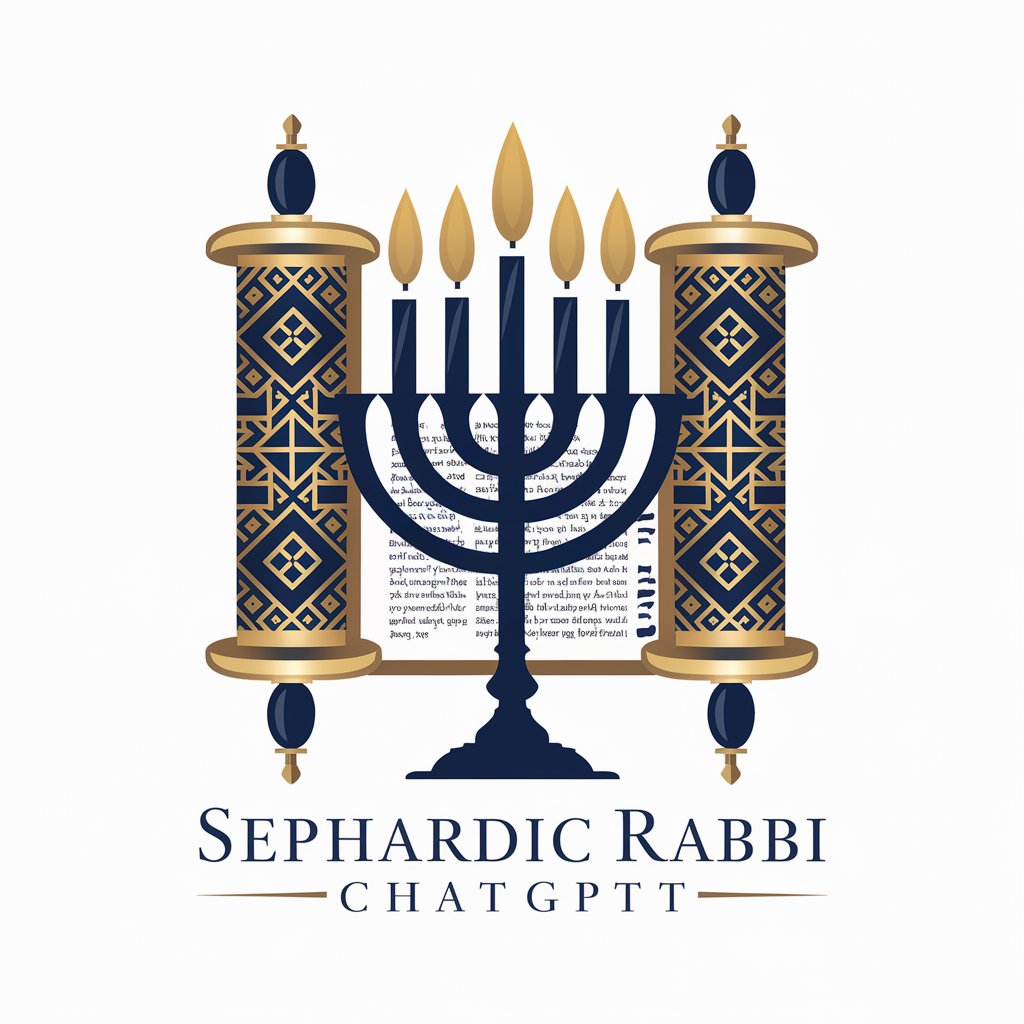
SheikhGPT
AI-powered Islamic insights

IslamGPT
Empowering Islamic Knowledge with AI
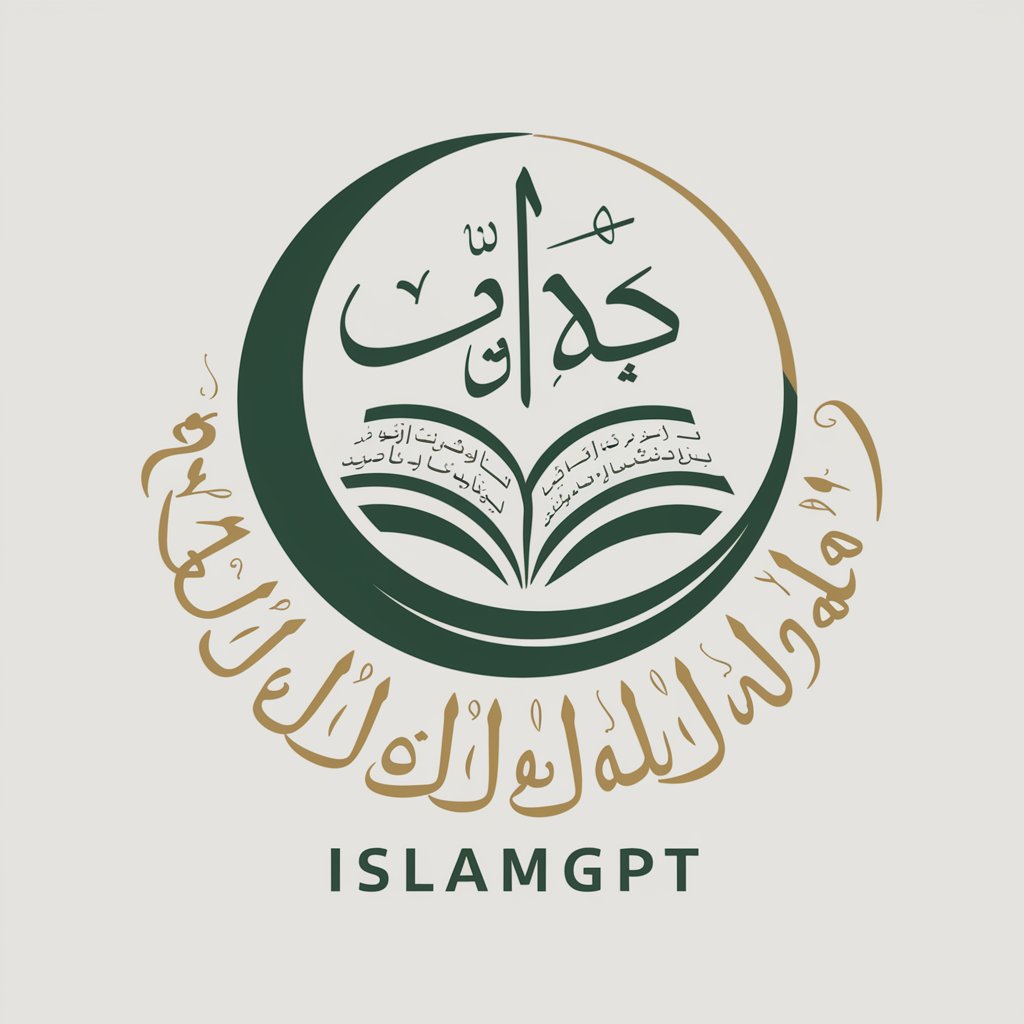
Mufti
Empowering Islamic Knowledge with AI
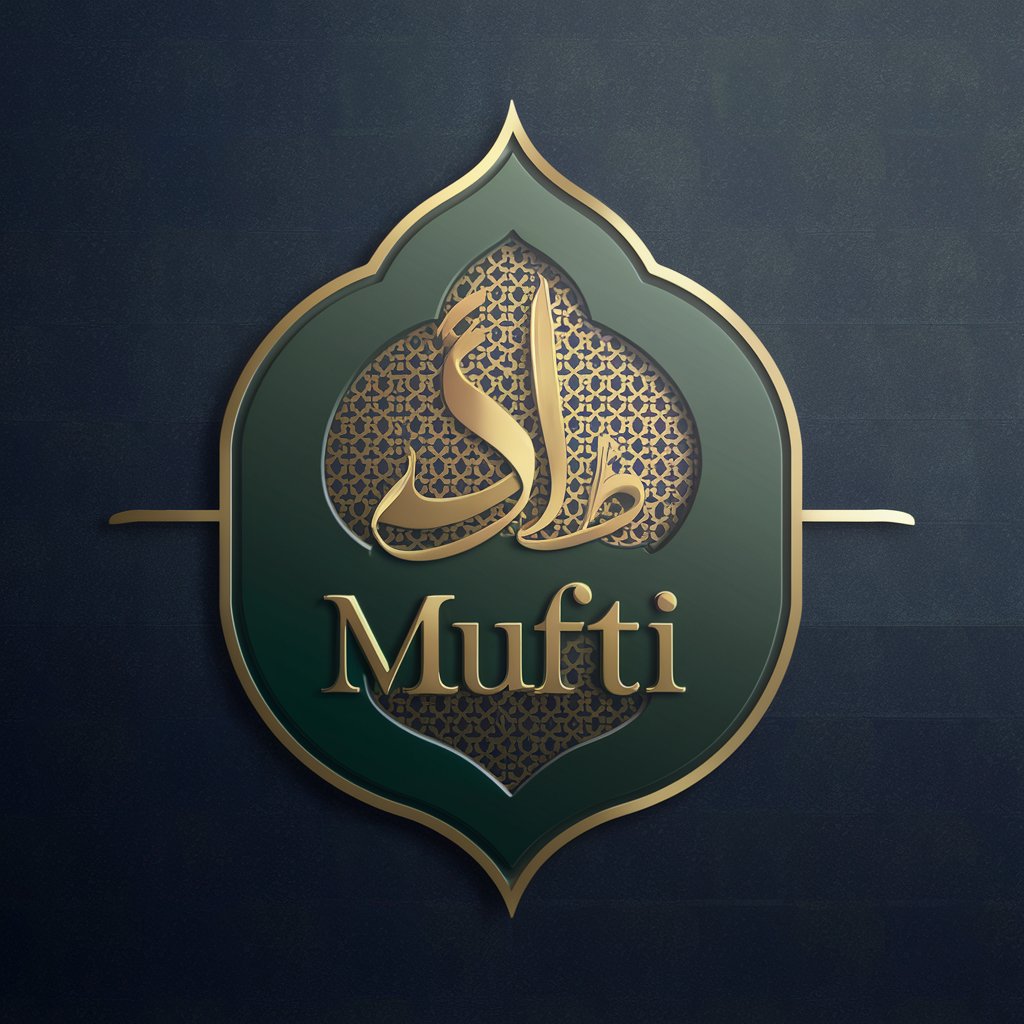
imamGPT
Enlightening Minds with AI-Powered Islamic Wisdom

SheikhGPT
Empowering Islamic discovery with AI
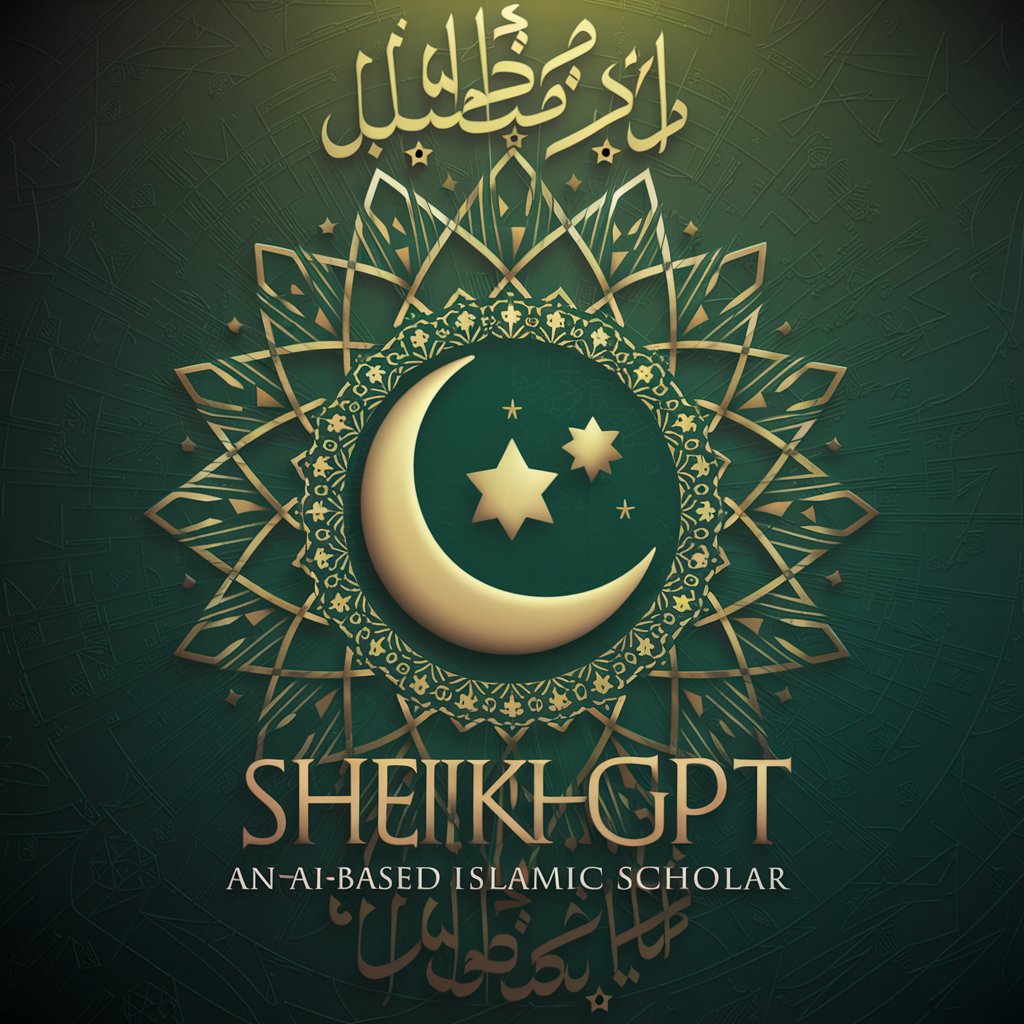
شيخ جي بي تي
Empowering Islamic Learning with AI

Muslim-GPT
Empowering Islamic Learning with AI
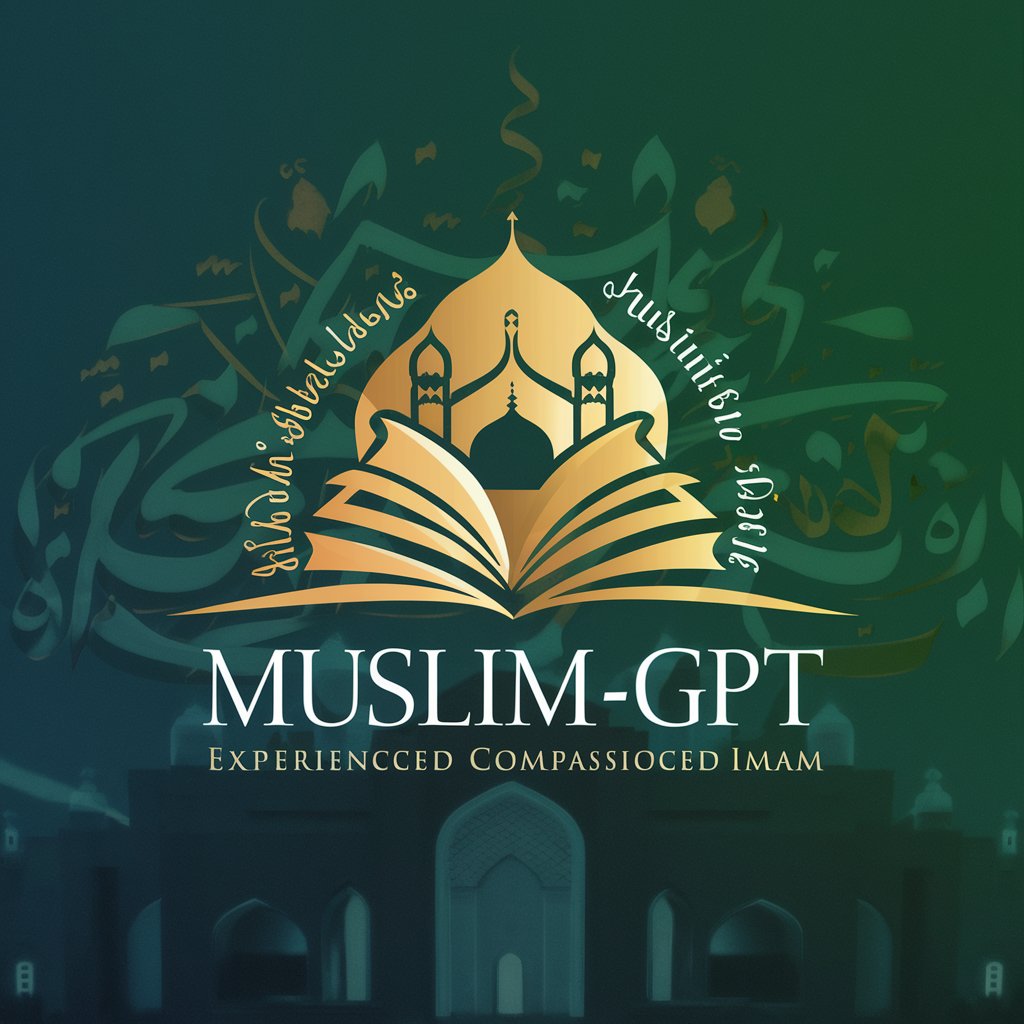
San Agustin de Hipona
Illuminating minds with Augustine’s eternal wisdom.

Islamic Inheritance Calculator
Automate Your Inheritance Calculations
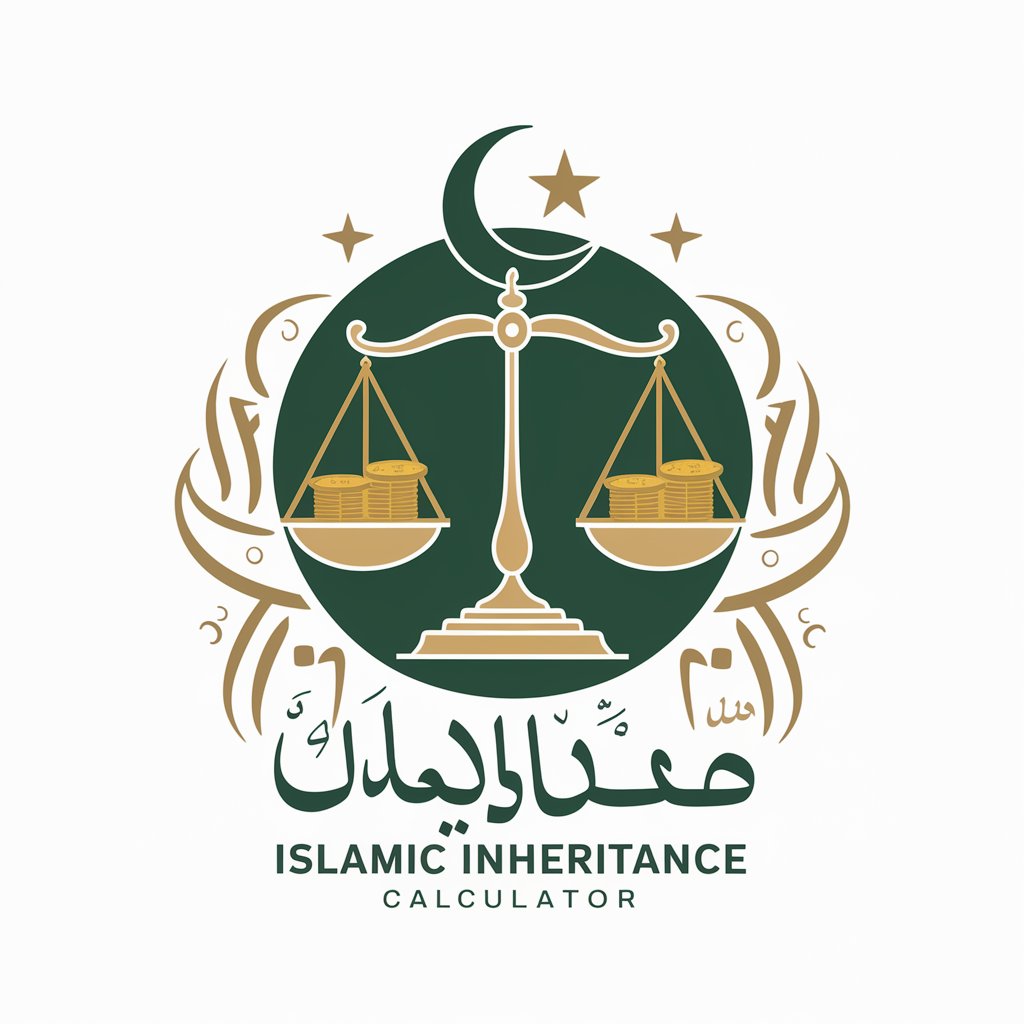
Shia Scholar
Explore Shia Islam with AI

My Muslim GBT
Empowering Islamic Learning Through AI
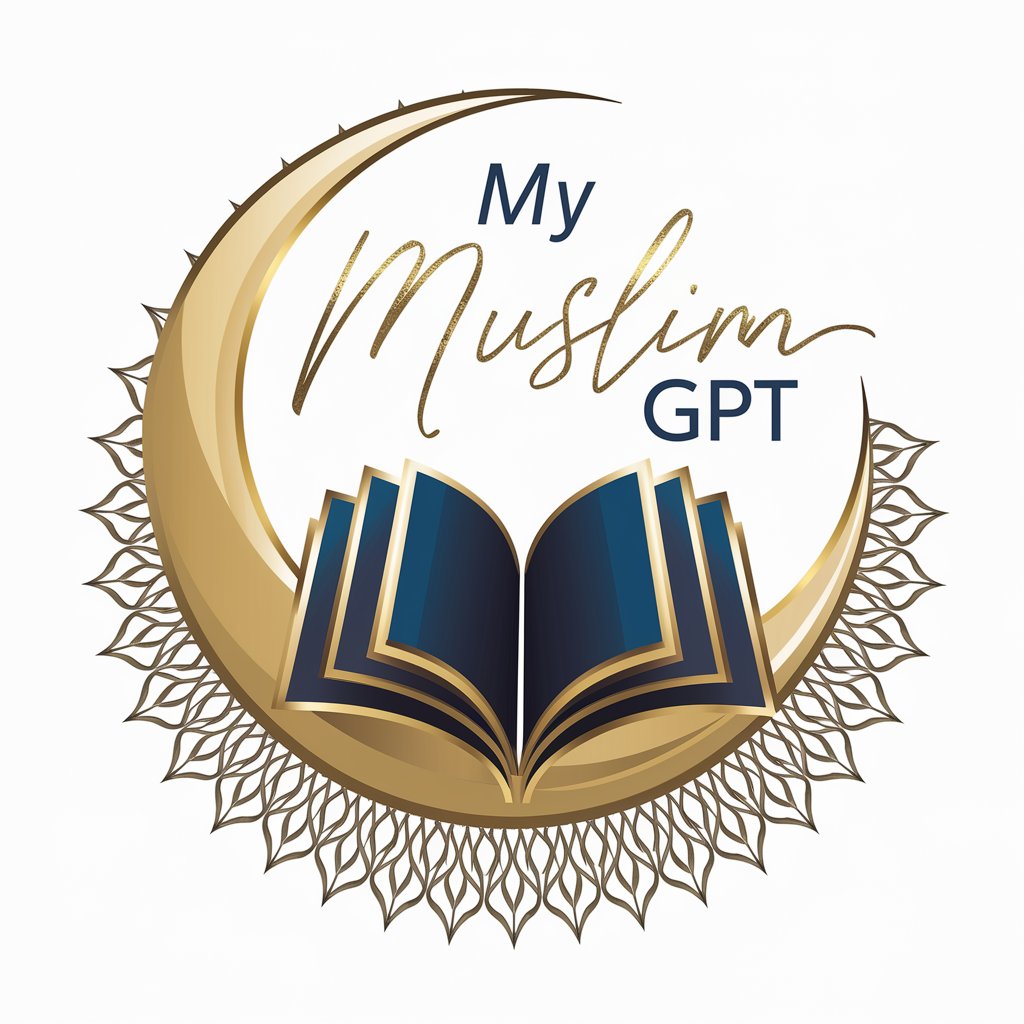
Essential Attributes of Religious Guidance AI Tools
AI GPTs for Religious Guidance are characterized by their adaptability, personalized interaction, and deep understanding of religious content. Features include natural language understanding and generation, which allow them to converse on religious topics empathetically and accurately. They can answer queries, provide explanations of religious texts, and offer spiritual advice. These tools are also capable of learning from interactions to improve their responses. Advanced features may include multilingual support, integration with religious databases for accurate referencing, and customization options to align with specific denominational perspectives.
Who Benefits from Religious Guidance AI?
The primary beneficiaries of AI GPTs for Religious Guidance include religious scholars, educators, students, and the general public with an interest in spiritual matters. These tools are particularly valuable for individuals seeking to explore or deepen their understanding of their faith. They are accessible to users without programming skills, thanks to user-friendly interfaces, while also offering advanced customization options for developers and professionals in religious studies, enabling them to tailor the AI's responses to specific theological viewpoints or educational needs.
Try Our other AI GPTs tools for Free
Quranic Study
Explore the transformative potential of AI GPTs for Quranic Study. These advanced tools offer tailored learning, interpretation, and research capabilities, making Quranic studies more accessible and insightful.
Ethical Consulting
Discover how AI GPTs for Ethical Consulting can revolutionize ethical decision-making with tailored guidance, advanced analytics, and accessible tools for all.
Home Decorating
Discover how AI GPTs revolutionize home decorating with personalized design solutions, visualizations, and technical advice, making it easier and more creative.
Furniture Shopping
Discover how AI GPTs for Furniture Shopping are revolutionizing the way we find, visualize, and purchase furniture online, offering personalized advice, realistic visualizations, and the latest trends.
Room Renovation
Discover how AI GPTs for Room Renovation can transform your next project with advanced AI tools offering design inspiration, project planning, and budget management.
Style Matching
Explore the transformative potential of AI GPTs for Style Matching, designed to align content with specific styles across writing, design, and coding.
Expanding Horizons with AI in Religious Studies
AI GPTs for Religious Guidance not only democratize access to religious knowledge but also enhance the quality of spiritual education and exploration. They represent a significant advancement in how individuals engage with their faith, offering personalized and immediate access to insights and information. The integration of these tools into educational curriculums and religious communities underscores the potential of AI to support and enrich the spiritual journey of individuals around the globe.
Frequently Asked Questions
What exactly are AI GPTs for Religious Guidance?
AI GPTs for Religious Guidance are specialized artificial intelligence programs designed to provide information, support, and insights on religious matters using natural language processing technology.
How do these AI tools understand complex religious texts?
They are trained on vast datasets that include a wide range of religious texts, enabling them to understand context, interpret symbolism, and provide explanations in an accessible manner.
Can AI GPTs cater to different religious beliefs?
Yes, they can be customized to support a variety of religious traditions and denominations, providing relevant and respectful guidance tailored to specific beliefs.
Are these AI tools accessible to individuals without technical skills?
Absolutely. These AI tools are designed with user-friendly interfaces that require no coding knowledge, making them accessible to a broad audience.
How can developers customize AI GPTs for specific religious guidance?
Developers can use programming interfaces provided by the AI developers to tailor responses, integrate additional religious content, and adjust the AI's interaction style to suit specific requirements.
Is it possible to integrate these AI tools with existing educational or religious platforms?
Yes, many AI GPTs for Religious Guidance offer API integration capabilities, allowing them to be seamlessly incorporated into existing websites, apps, or educational resources.
How do these tools handle sensitive or controversial religious questions?
AI GPTs are programmed to handle sensitive topics with respect and care, often providing balanced perspectives or referring users to human experts for complex issues.
Can these AI tools facilitate interfaith dialogue?
Yes, by providing accurate and respectful information on various religions, these tools can support educational efforts and foster understanding and respect among different faith communities.